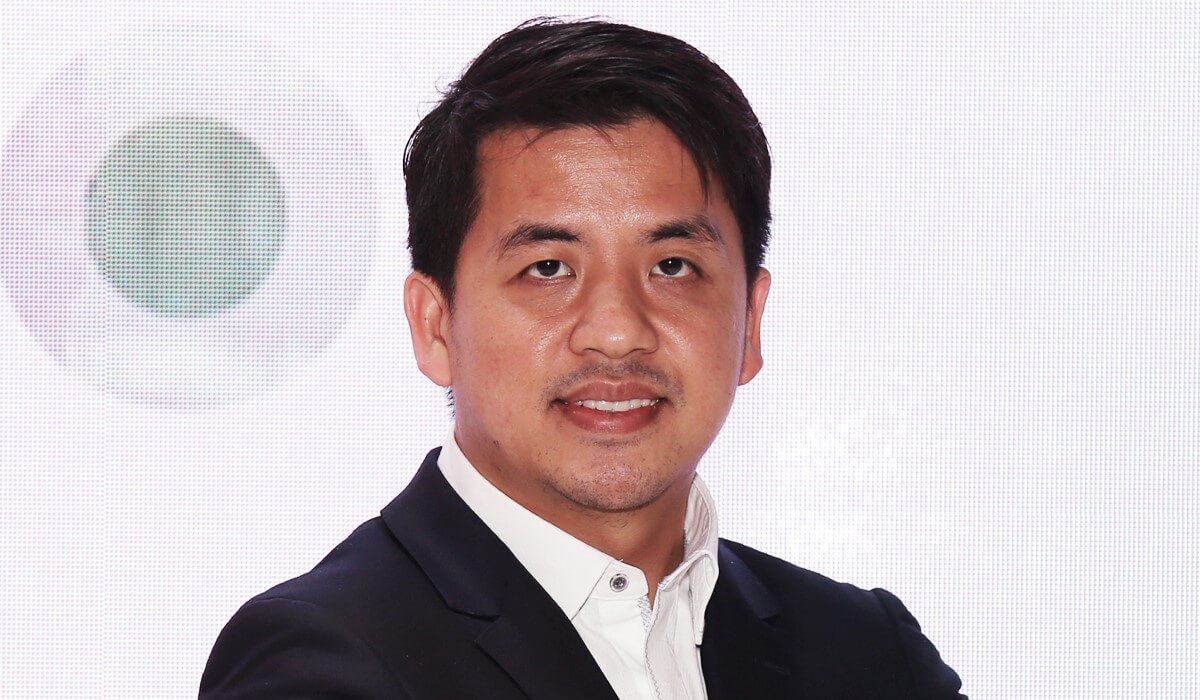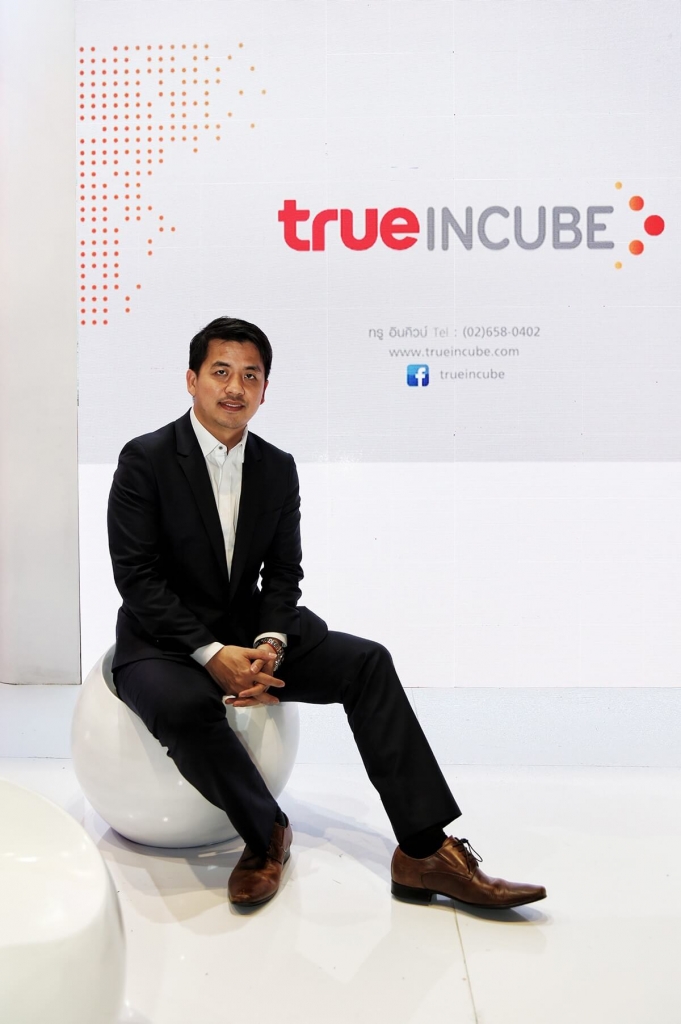Thailand’s Deputy Prime Minister Somkid Jatusripitak urges all sectors to join forces in building up…

One factor driving the success of startups is the existence of an adequate ecosystem. Pushing the creation of such a structure to help facilitate startups is not the work of one person, but the result of every sector working in cooperation.
Dr. Theerapol Thanomsakyut, chief of innovation and sustainability, True Corp, one of many corporations emphasising innovation, offered his interesting perspectives on “ecosystems” for developing startups.
“Thailand is lucky in many ways, starting with land, which is perfect for agriculture and abundant food. However, in the age of Thailand 4.0, development is not gradually climbing a ladder, but turning the sky and earth upside down. It means that people doing business in the digital age can grow and quickly expand their enterprise all around the world without any barriers. Even though we are in a country that is already fertile, when compared to other countries, if we don’t adapt, we will not be able to compete, and we will find it hard to exist in the world.”
To compete in the new world, we must create a new ingredient, what is called “ecosystems”. It might be hard to understand. In fact, it is “mutual interdependence” between large corporations and small companies.
For a big corporation to make a move — before there are new ideas, before there can be any actions — it has to pass all sorts of procedures and regulations. Therefore, it is not as if the corporation can adapt rapidly to changes in the world. This includes daring to take risks and having the young and new personnel. Although a corporation might have a large workforce, the staff are often steeped in the nature of a corporate brand and work functions. Getting them to think in an integrated way to use risk is difficult.
“Cooperation between corporations and small enterprises is like the mutual help between big trees, medium-sized trees, which are SMEs, and small trees which are startups,” Dr Theerapol said.
“The good aspect of investing in startups is new concepts or models. The bad aspect is a very high risk. There are constant birth and death. Once startups get the money to try things out, they have the opportunity to fail and get back up to start again without difficulty. Meanwhile, a large corporation can only fail a few times. Thus, corporations supporting small enterprises create a new model of big and small companies giving each other something that the other entity lacks and then the two can grow together,” he said.
Another issue is technology. Today there is much ever-evolving technology. Learning technology from the old generation of textbooks might be out of date. The younger generation uses creative thinking to create technology and start businesses while they are still at school. Therefore, startups are a pioneering force for the new era of Thailand.
What Thailand must do to help many startups succeed is not merely the responsibility of the government. Every sector, including the private sector and educational institutions, must come together to create the ecosystem. Once it is built, it is not just about creating Thai startups. We can attract smart people from all over the world to live here, he said.
“Why can the US develop startups quickly? It is because talented people do their post-graduate studies in America. So, we must see how to attract those brainy people back. For instance, Singapore can bring in lots of high-skill people. We are a country that is great to live. People want to come here. So, if there is good infrastructure to support creative thinking, this can help bring in excellent startups.”
Dr Theerapol added that Thailand’s ecosystem has all the systems in place, just not in sufficient quantity. Everyone must help to expand it. Regulations should be readjusted to support startups better than in other countries. For instance, once VCs have much capital, foreign startups will come to Thailand. “We will get smart people to create work. We must expand inbound-outbound investment, and we will be a genuine startup hub,” he said.
“As for the region, we must imagine that we are in the same ecosystem and we are not competitors. We have many strong points, while we have creative ideas. For example, our advertising field, when our commercial ads are competing in any contest in any country, we are always on the top of the rank. We have good content. We have many universities producing able students for the market. We need to look at Thailand as an ecosystem in the big picture of the AEC.”
 Dr Theerapol Thanomsakyut, Chief of Innovation and Sustainability, True Corp
Dr Theerapol Thanomsakyut, Chief of Innovation and Sustainability, True Corp

